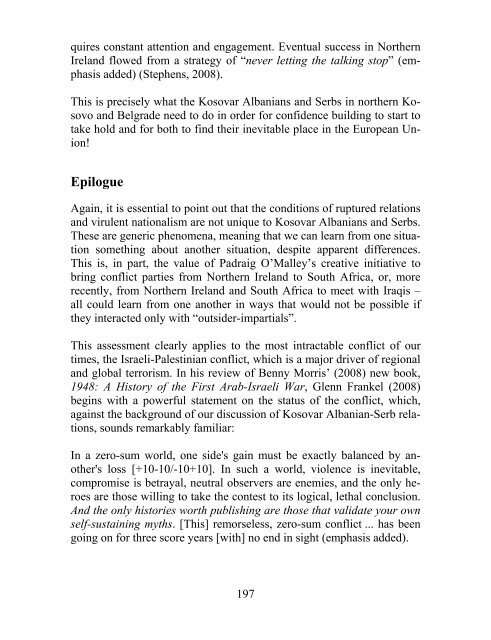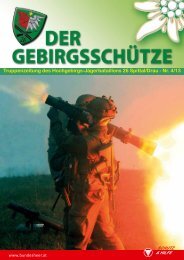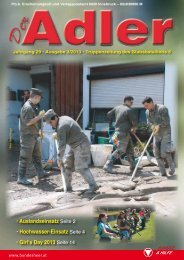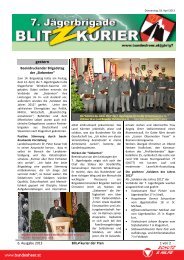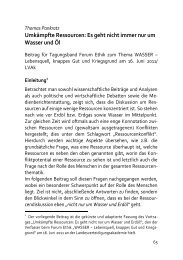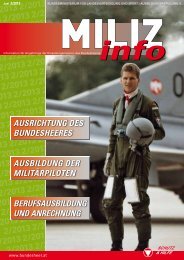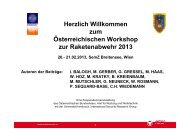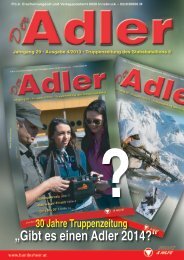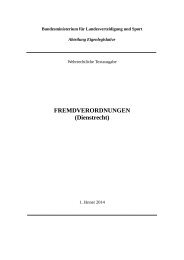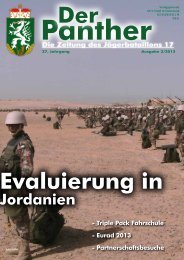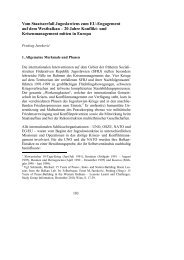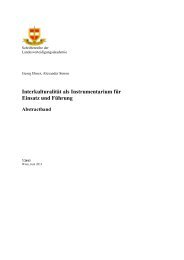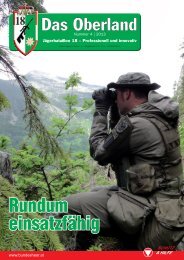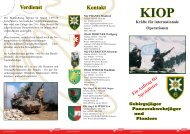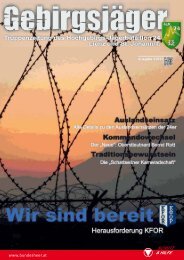Cutting or Tightening the Gordian Knot
Cutting or Tightening the Gordian Knot
Cutting or Tightening the Gordian Knot
Create successful ePaper yourself
Turn your PDF publications into a flip-book with our unique Google optimized e-Paper software.
quires constant attention and engagement. Eventual success in N<strong>or</strong><strong>the</strong>rn<br />
Ireland flowed from a strategy of “never letting <strong>the</strong> talking stop” (emphasis<br />
added) (Stephens, 2008).<br />
This is precisely what <strong>the</strong> Kosovar Albanians and Serbs in n<strong>or</strong><strong>the</strong>rn Kosovo<br />
and Belgrade need to do in <strong>or</strong>der f<strong>or</strong> confidence building to start to<br />
take hold and f<strong>or</strong> both to find <strong>the</strong>ir inevitable place in <strong>the</strong> European Union!<br />
Epilogue<br />
Again, it is essential to point out that <strong>the</strong> conditions of ruptured relations<br />
and virulent nationalism are not unique to Kosovar Albanians and Serbs.<br />
These are generic phenomena, meaning that we can learn from one situation<br />
something about ano<strong>the</strong>r situation, despite apparent differences.<br />
This is, in part, <strong>the</strong> value of Padraig O’Malley’s creative initiative to<br />
bring conflict parties from N<strong>or</strong><strong>the</strong>rn Ireland to South Africa, <strong>or</strong>, m<strong>or</strong>e<br />
recently, from N<strong>or</strong><strong>the</strong>rn Ireland and South Africa to meet with Iraqis –<br />
all could learn from one ano<strong>the</strong>r in ways that would not be possible if<br />
<strong>the</strong>y interacted only with “outsider-impartials”.<br />
This assessment clearly applies to <strong>the</strong> most intractable conflict of our<br />
times, <strong>the</strong> Israeli-Palestinian conflict, which is a maj<strong>or</strong> driver of regional<br />
and global terr<strong>or</strong>ism. In his review of Benny M<strong>or</strong>ris’ (2008) new book,<br />
1948: A Hist<strong>or</strong>y of <strong>the</strong> First Arab-Israeli War, Glenn Frankel (2008)<br />
begins with a powerful statement on <strong>the</strong> status of <strong>the</strong> conflict, which,<br />
against <strong>the</strong> background of our discussion of Kosovar Albanian-Serb relations,<br />
sounds remarkably familiar:<br />
In a zero-sum w<strong>or</strong>ld, one side's gain must be exactly balanced by ano<strong>the</strong>r's<br />
loss [+10-10/-10+10]. In such a w<strong>or</strong>ld, violence is inevitable,<br />
compromise is betrayal, neutral observers are enemies, and <strong>the</strong> only heroes<br />
are those willing to take <strong>the</strong> contest to its logical, lethal conclusion.<br />
And <strong>the</strong> only hist<strong>or</strong>ies w<strong>or</strong>th publishing are those that validate your own<br />
self-sustaining myths. [This] rem<strong>or</strong>seless, zero-sum conflict ... has been<br />
going on f<strong>or</strong> three sc<strong>or</strong>e years [with] no end in sight (emphasis added).<br />
197


